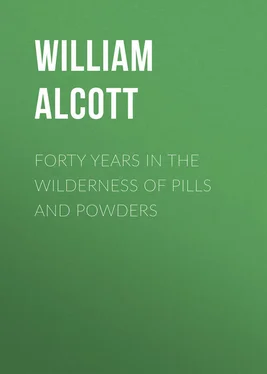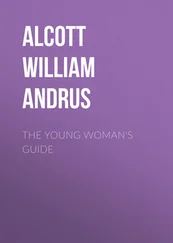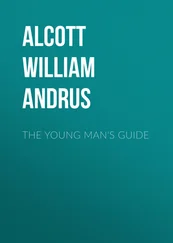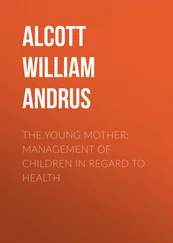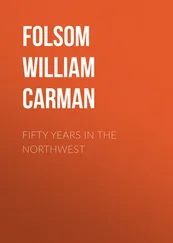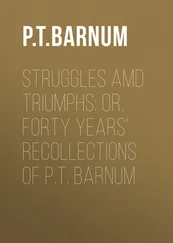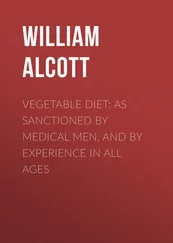But it is said to be a long road which never turns. Some good impressions had been made on this family, as we shall see hereafter. Not, indeed, until there had been much unnecessary suffering, and many an unwilling penalty paid for transgression, as well as much money uselessly expended for physicians and medicine. For though I was somewhat a favorite in the family, I was as yet young and inexperienced, and many a wiser head than mine was from time to time invoked, and much time and money lost in other ways, that might have been saved for better and nobler purposes.
Among the items of loss, as well as of penalty, was that of offspring. These were generally still-born. One, indeed, lived about two weeks and then perished. The parents seemed to be written childless. Or rather, they seemed to have written themselves so. They seemed destined moreover, to follow their premature children, at no great distance, to an untimely grave. For nothing was more obvious – I mean to the medical observer – than at an age when everybody ought to be gaining in bodily no less than in mental and moral vigor, they were both of them growing feeble as well as irresolute.
As a boarder, I left the family some time afterward, though I did not lose sight of it wholly; nor did they entirely forget or disregard the numerous hints I had given them. They made some progress every year. At length, however, I lost sight of them entirely, and only kept up a faint recollection of them by means of an occasional word of intelligence from the place where they resided, showing that they were still alive.
One day, after the lapse of about eight years, as I was passing through a charming New England village, the stage-coach stopped to let the passengers dine, when, to my great surprise, on stepping out of the coach, whom should I see but my old friend Mr. L.? He was equally surprised, and perhaps equally rejoiced, to see me. The interview was utterly unexpected to us both.
"How do you do?" said he, grasping my hand. I returned the compliment by inquiring after his own health and that of Mrs. L. It turned out that he had failed in his business a few months before, and that, as a consequence, he had been compelled to remove to the place where he now was, and engage in an employment which brought his skin into contact with the air, and his muscles into prolonged and healthful activity. It appeared also that both he and his family had long since banished the use of medicine. "And now," said he, "thank God I know what it is, once more, to enjoy health; I can not only eat, but work."
Конец ознакомительного фрагмента.
Текст предоставлен ООО «ЛитРес».
Прочитайте эту книгу целиком, купив полную легальную версию на ЛитРес.
Безопасно оплатить книгу можно банковской картой Visa, MasterCard, Maestro, со счета мобильного телефона, с платежного терминала, в салоне МТС или Связной, через PayPal, WebMoney, Яндекс.Деньги, QIWI Кошелек, бонусными картами или другим удобным Вам способом.
To illustrate this point, and show clearly the state of the public opinion, I will relate an anecdote. A certain calf in the neighborhood, after long and patient trial, was pronounced too ignorant to be able to procure his own nourishment, or in other words, was said to be a fool. On raising the question, what should be done with him, a shrewd colored man who stood by, said, "Master, send him to college!"
Of the hydropathist at that time I had not heard.
Dr. Livingstone, in his work of Travels and Researches in Africa, tells us that during his residence among the Backwains, a tribe in the African interior, two persons who had been hastily buried, perhaps "struck with death" in the first place, returned home "to their affrighted relatives." p. 143.
